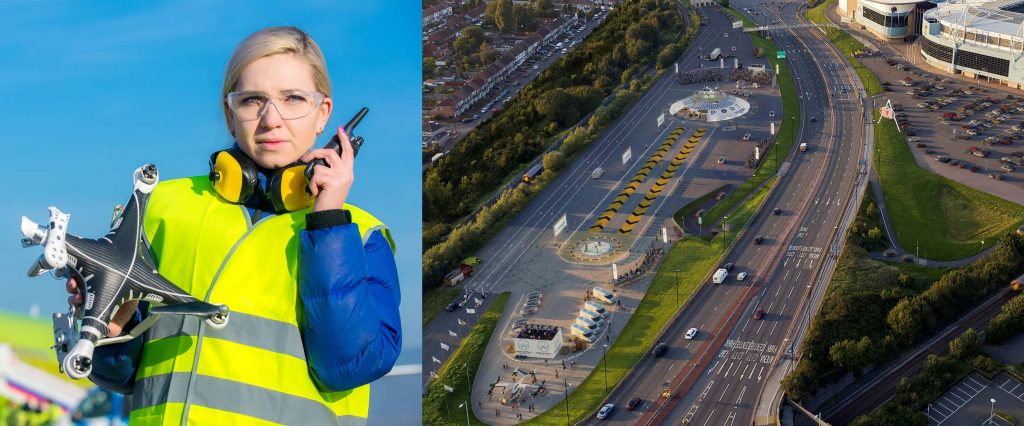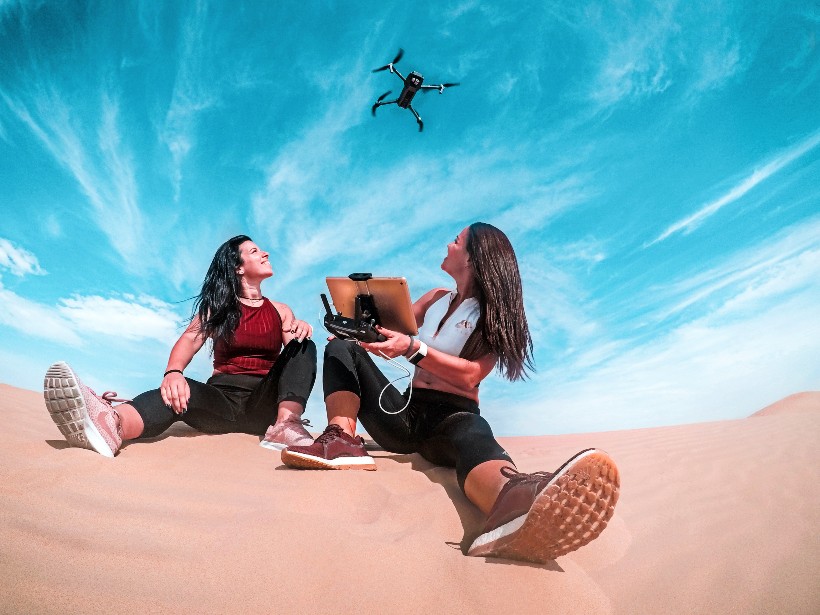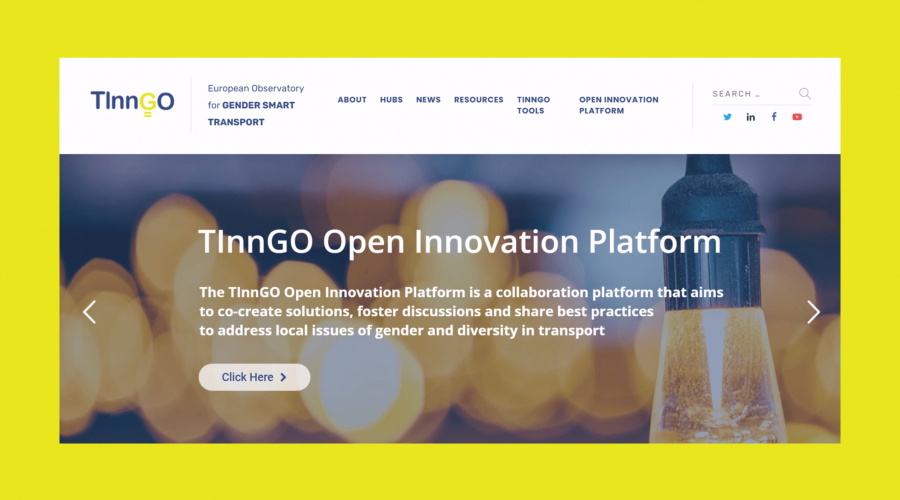If developed in parallel with diversifying the tech industry, then Coventry’s new airport for People and Freight carrying drones is an opportunity to give people independence and agency in the 21st century.
As with most of my Coventry friends and colleagues, I was very proud to see that yet again Coventry will be leading the way in transport innovation with the launch of the new Airport for Taxi’s and delivery drones on our doorstep.
The development of drones, new aerial vehicle technology and associated infrastructure (landing pads, charging points etc.) has the potential to change how our cities look and feel, could improve the air quality and help people live more independently for longer.
Poignantly, I was alerted to the news item in a pop up on my zoom call, whilst delivering a careers workshop for teenage girls to entreat them to help address the lack of diversity in the tech industry.
We were in the middle of a discussion about how the data gap needs to be closed by factoring women, people with disabilities and from a diversity of backgrounds into algorithms, by diversifying the currently white male dominated tech industry, but with only 3% of girls taking up a tech career path as a first choice what will the future of society really look like? In our workshop we covered the unforgivable late introduction of female crash test dummies in 2011, the viral YouTube video of a racist soap dispenser (they are notoriously bad at detecting skin tones, as is facial recognition), voice recognition systems making more errors with women and a lack of attention in AI design to people with long term illness who may not speak or walk in a standard way.
No one in the workshop disagreed that AI needs diversity for a fairer society but we also need to recognise that more than technical skills are going to be of value to diversifying AI. People who understand others/the user, are good at design and are creative also have a valuable role to play.

With 30+ experts from over 17 institutions, representing 10 countries, using participatory methods such as co-design and citizen social science, the TInnGO project, also coordinated from Coventry, is supporting closing the data diversity gap, specifically related to smart mobility. It is with the knowledge that, in Coventry, partnerships are convening to attend to the multiple lenses of transport innovation that I am cautiously optimistic about the opportunities this drone airport will provide.
As part of this project and due to demographic changes, globalisation and increased migration processes, local authorities and higher education faculties are, in particular, assigned new responsibilities. The fight for the most qualified people demands new strategies and concepts. The transport industry which is traditionally male dominated and where women and minorities are under-represented in almost all areas is facing these challenges with an increasing urgency. For an excellent performance, these institutes need diverse people who are equally included and promoted within the recruitment process.

To achieve this there has been a shift at the organizational level away from a traditional “equal opportunity” paradigm underpinned by notions of social justice, with a specific focus on tackling gender inequalities towards a business‐led “diversity management”, with a focus on the individual and their contribution to the organization. Coventry City Council will be sharing the data it collects with partners in this project so the research outcomes can be embedded within the Local Authority’s policies.





